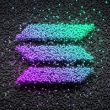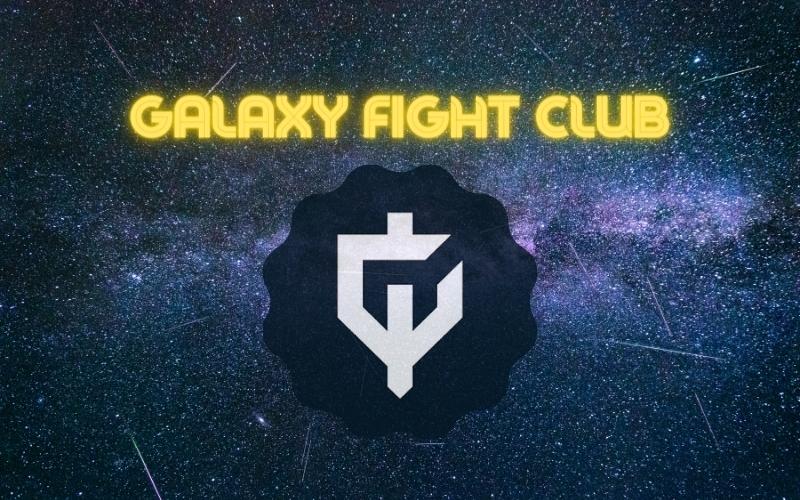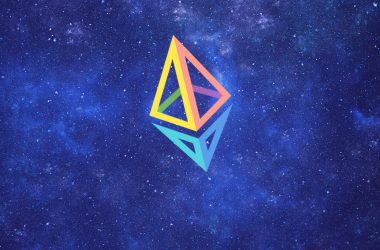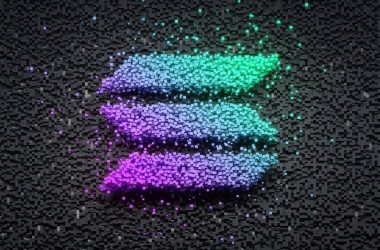Galaxy Fight Club (GCOIN) is gaining ground in its first week of trading, after a high-profile NFT sale. GCOIN traded around $1.89, after launching at around $0.80.
GCOIN launched just days into another market correction while facing uncertainty for the coming months. In the initial trading day, GCOIN achieved a fivefold gain on its token sale price. For now, it is uncertain how much GCOIN can hold its initial rally and where prices will settle.
But Galaxy Fight Club remains one of the rarer projects pushing its reward asset to the front from an early stage in product development.
In the upcoming fight game with NFT avatars, GCOIN will be used to upgrade players and weapons, unlock loot, upgrade skins, train second-generation avatars, and to purchase in-game emojis.
GCOIN Uses Polygon (MATIC)
GCOIN was launched straight to the Polygon network, avoiding Ethereum fees. Out of a total of 150M GCOIN, in the initial stages, less than 4M are in circulation.
Polygon promises lower transaction fees, though there is a need to bridge assets such as wrapped ETH for GCOIN liquidity pairs.
Galaxy Fight Club aims for an open beta release before the end of Q1.
The game and community are still in their early stages, potentially opening the project to become one of the more interesting releases this year. The team has focused on initial fundraising, but in 2022 there are indications the next focus will be on actual game development.
What are the Risks of GCOIN
GCOIN is still traded with limited liquidity, and Gate.io is the only exchange holding centralized pairs. Polygon DODO is one of the decentralized exchanges for price discovery.
Galaxy Fight Club is currently highly active with its NFT collection, with more than 10K items on OpenSea. Avatars trade both for USD and ETH, with prices above $3,000 in the initial days after the launch.
As with other NFT collections and a game still pending, it is uncertain how many of the total 10,129 avatars on OpenSea will preserve their value.










